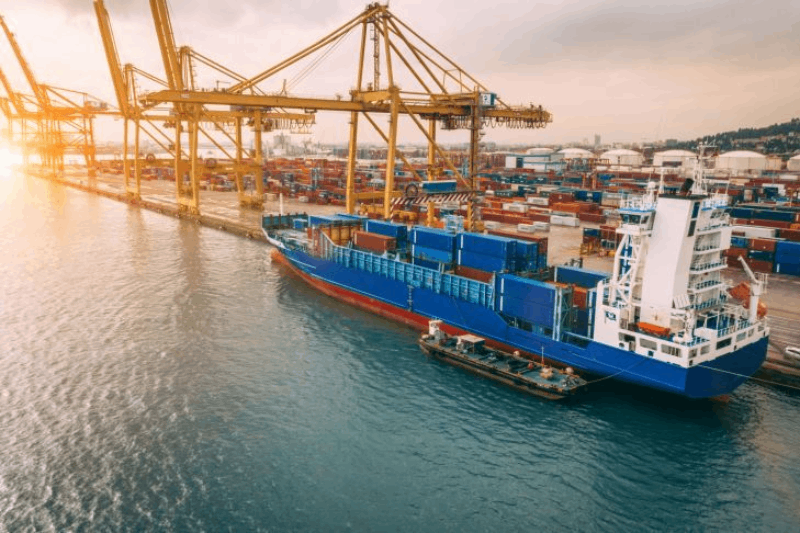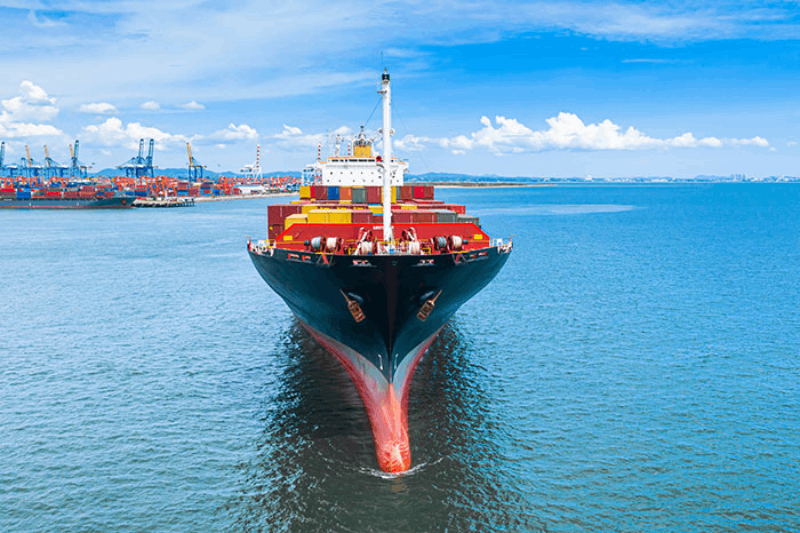Time:2021-10-13 Publisher:Kevin Num:11564

The sharp rise in freight rates caused by global port congestion has been going on for some time. Especially the freight of trans Pacific route.
However, the congestion of Chinese ports has been alleviated a lot, and the spot freight rate on the west coast of Asia and the United States has also dropped. But port congestion in the United States has not improved.
According to eesea, a shipping data provider, 153 container ships docked at the ports of Shanghai and Ningbo at the end of September. But so far, only 81 ships have docked at the port, a decrease of nearly 50%.
Expert Jon Monroe said that there are few shipping delays in Chinese ports, up to one or two days. He also pointed out that the port could move export containers faster than import containers, so it could clear the backlog faster.
In contrast, the situation in American ports may not be so optimistic. While the number of ships outside Chinese ports has decreased, the number of ships outside ports on the west coast of the United States remains unchanged.
According to the data of the Southern California Maritime exchange, a total of 61 container ships were waiting outside the port at the end of September. Up to now, the number of container ships has increased instead of decreasing.
China's port congestion has eased, indicating that a large number of ships will depart from China to many ports in the United States.

Different freight rate indexes display different freight rate data
According to the Baltic Sea freight index, the freight price on the west coast of Asia and the United States fell to US $13025 / feu. Although the price is still higher than that of last year, it has decreased a lot compared with that of some time ago.
The freight on the east coast of Asia and the United States is currently $19392 / feu, a decrease of 13% compared with the freight price of $22289 / feu some time ago.
However, the data provided by different freight rate indexes are different, depending on whether the port includes various additional charges.
Now some experts believe that even if the freight has fallen for a short time, it is still possible to return to the peak value again. Because port congestion in the United States is not over.



